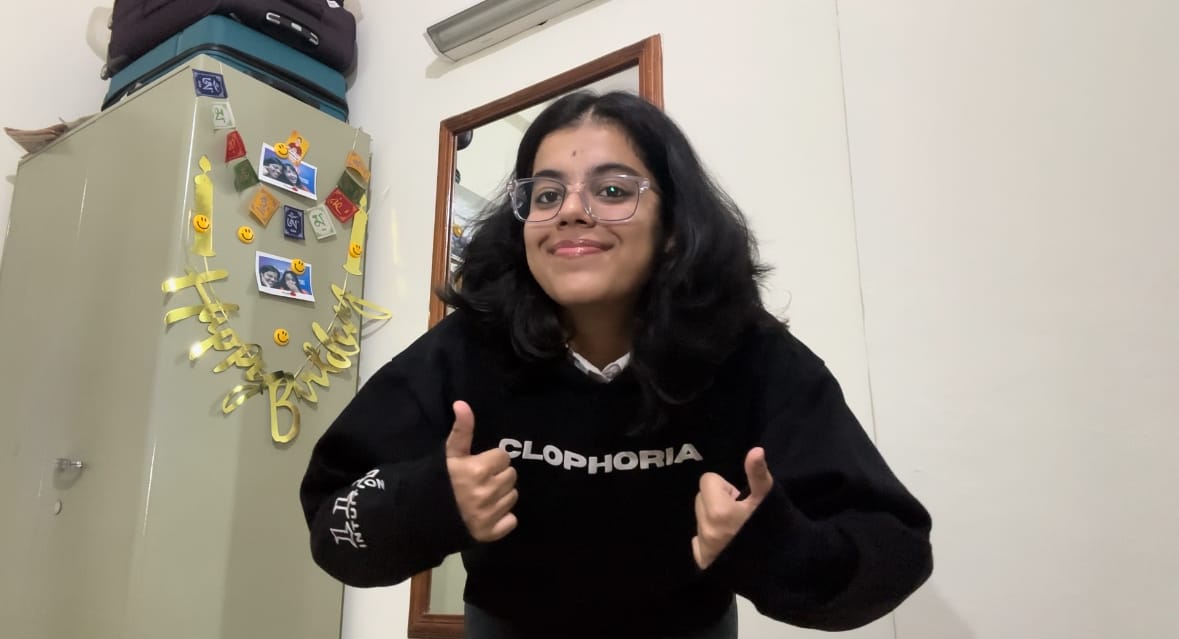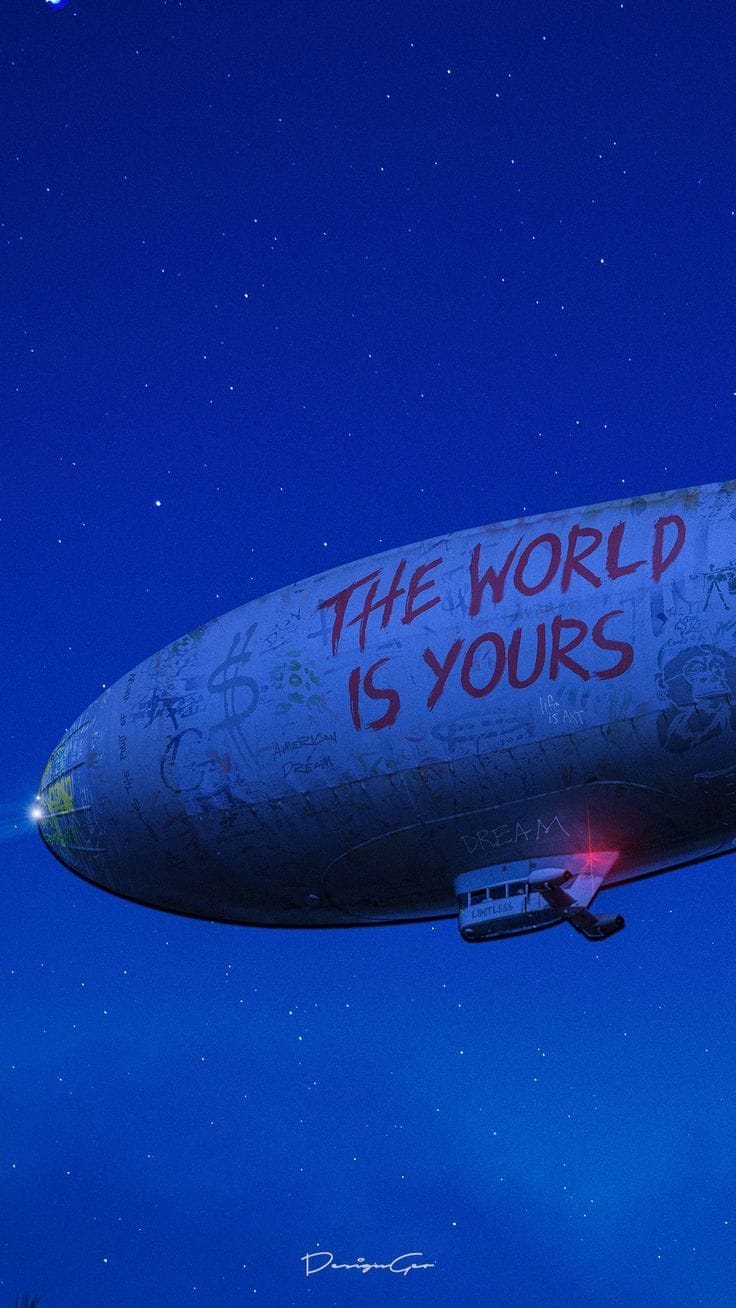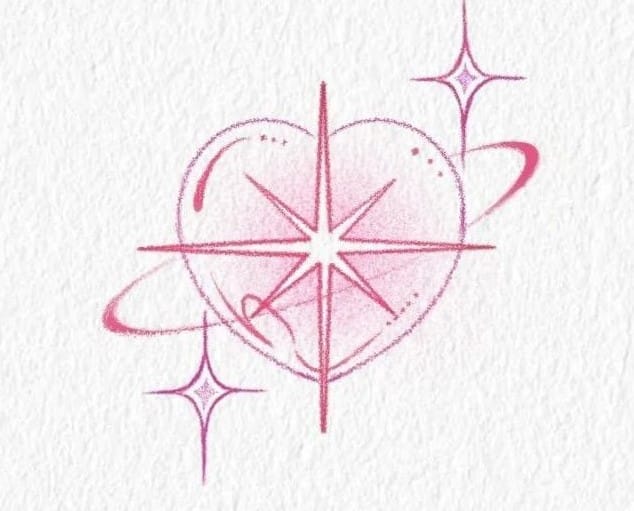Connected Digitally, Isolated Physically: Social Media's Impact on Our Minds

Saradha S
May 22 , 2024

We live in a world tethered to technology. Smartphones are our constant companions, social media feeds our news and entertainment; and dating apps promise connection at the swipe of a finger. In our hyperconnected world, the irony of feeling more isolated than ever is a growing concern. The digital age, with its promise of instant communication and boundless information, has brought about profound changes in how we interact, work, and live. Yet, amid the ceaseless ping of notifications and the lure of social media, many find themselves feeling disconnected and lonely. This disconnect between our digital lives and emotional well-being is a defining challenge of the digital age, with significant implications for mental health.
The digital age, also known as the information age, is characterized by the widespread use of digital technology and the internet. It began in the late 20th century and has dramatically transformed every aspect of human life. From how we communicate and work to how we entertain ourselves and access information, the digital age has reshaped society in profound ways.
With the advent of smartphones, social media platforms, and instant messaging, we are now more connected than ever before. Information is available at our fingertips, and communication across the globe can happen in real-time. These advancements have brought numerous benefits, including greater access to knowledge, improved connectivity, and new opportunities for personal and professional growth.
Let's consider the story of Sara. Sara nervously clutched her phone, scrolling through a seemingly endless stream of perfectly curated vacation photos and envy-inducing brunch pictures. A pang of loneliness pierced her chest. Despite being surrounded by hundreds of "friends" online, she felt utterly alone. This wasn't how it was supposed to be. Social media, heralded as the great connector, had somehow become a breeding ground for isolation.
Sara's experience isn't unique. A growing body of research and a chorus of personal anecdotes paint a concerning picture: in the digital age, where connection is supposedly at our fingertips, a silent epidemic of loneliness and mental health struggles is taking root. Surveys conducted by Pew Research Center reveal a significant rise in digital media consumption across all age groups. Teenagers report spending an average of nearly eight hours a day on screens, while adults dedicate a staggering six hours. This constant barrage of social media feeds, instant messaging, and online entertainment, while offering a sense of connection and convenience, comes at a cost.
“What’s insidious about the fear of what others will say is that you rarely hear them say it. You imagine what they’d say. You imagine they care that much about you. The fragility of our own egos gets the better of us ”
- -Jeff Jarvis
The Illusion of Connection: How Social Media Fuels Loneliness
Social media platforms, designed to connect us, can ironically leave us feeling more alone. Here's why:
Curated Perfection: Social media feeds are a highlight reel, showcasing the best moments of other people's lives. Constant exposure to seemingly perfect vacations, relationships, and achievements can breed feelings of inadequacy and social comparison.
The Like Trap: The quest for "likes" and validation online can create a sense of emptiness. Our self-worth becomes tied to external validation, leading to anxiety and disappointment when approval isn't forthcoming.
Quantity over Quality: Social media connections are often superficial, lacking the depth and intimacy of real-life relationships. We may have hundreds of "friends" online, but feel a deep sense of loneliness in the absence of genuine connection.
FOMO (Fear of Missing Out): The constant barrage of updates about others' activities can fuel FOMO, a gnawing anxiety that we're missing out on something better. This can lead to feelings of inadequacy and a disconnect from the present moment.

Photo by Karsten Winegeart Team on Unsplash
The Disconnect Deepens: How Technology Isolates Us
Our reliance on technology extends beyond social media. Here's how it can contribute to isolation:
Face-to-Face Interaction Takes a Backseat: Texting, messaging, and video calls, while convenient, can replace the richness of in-person interaction. Nonverbal cues like body language and tone of voice are lost in digital communication, leading to misunderstandings and missed connections.
The Echo Chamber Effect: Algorithms tailor our online experiences, feeding us information that confirms our existing beliefs. This creates echo chambers where we're rarely exposed to diverse viewpoints, fostering a sense of isolation from those with differing opinions.
The Rise of Social Anxiety: The constant pressure to be "connected" can lead to social anxiety. Individuals may withdraw from face-to-face interactions due to fear of judgment or awkwardness in social settings.
Cyberbullying and Online Harassment: The anonymity of the internet emboldens some to engage in cyberbullying and harassment. This can have a devastating impact on mental health, leading to feelings of isolation, anxiety, and depression.
Reconnecting in a Digital World: Strategies for Mental Wellbeing
The digital age isn't inherently bad. Technology offers incredible benefits for communication and connection. However, it's crucial to develop a healthy relationship with technology to protect our mental well-being. Here are some strategies:
Practice Digital Detox: Schedule regular breaks from social media and technology. Reconnect with the real world by going for walks, spending time in nature, or engaging in hobbies.
Cultivate Quality Connections: Focus on building and nurturing real-life relationships. Spend time with loved ones, join clubs or groups that share your interests, and volunteer in your community.
Mindful Social Media Use: Be selective about who you follow and what content you consume. Unfollow accounts that make you feel inadequate or anxious, and focus on those that inspire and uplift you.
Embrace Imperfection: Challenge the illusion of perfection on social media. Share your authentic self, struggles and all. You might be surprised by the connections you forge with others who share similar experiences.
Seek Professional Help if Needed: Don't hesitate to seek professional help if you're struggling with feelings of loneliness, isolation, or anxiety. Therapists can equip you with tools to manage difficult emotions and build healthy relationships.
The digital age presents a unique challenge for mental health. It's a double-edged sword – a powerful tool for connection yet a potential breeding ground for isolation. However, it's not an insurmountable one. By being mindful of our digital habits, we can navigate the complexities of the online world and cultivate a sense of connection that nourishes our mental well-being.
Imagine the internet as a vast ocean. Social media platforms are like archipelagos, islands of connection in a seemingly endless sea. However, just as spending too much time on a small island can lead to feelings of isolation, getting lost in the virtual world can disconnect us from the richness of real-life relationships. The key is to find a balance, to use technology as a tool for exploration and communication, but not as a substitute for the deep connections forged in face-to-face interactions.
Let's strive to create a digital landscape that complements, rather than diminishes, the richness of human connection. Social media can be a vibrant marketplace of ideas, a platform for fostering communities with shared interests, and a way to stay connected with loved ones across vast distances. However, it should not become the sole source of connection. Remember, true connection thrives not in the number of online followers, but in the depth and authenticity of our relationships with the people around us. Let's step away from the curated feeds and carefully crafted online personas, and choose vulnerability and genuine connection in the real world. The strength and solace we seek lie not in the fleeting validation of "likes" but in the embrace of loved ones, the shared laughter with friends, and the quiet moments of connection that nourish our souls. In a world saturated with digital noise, let's rediscover the power of human connection—the anchor that keeps us grounded and the wellspring of true happiness.
For more support, get in touch with us at Heart It Out.
Keep Reading
Started reading,
found my glow!
New blogs dropping soon – Sign up!
© EmbraceWell. All rights reserved



























